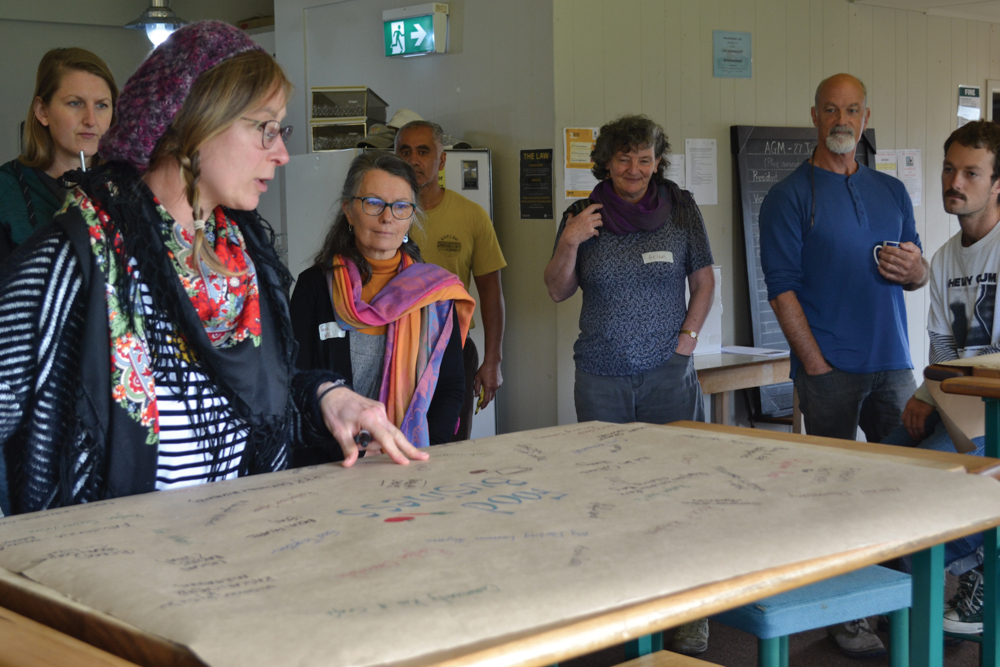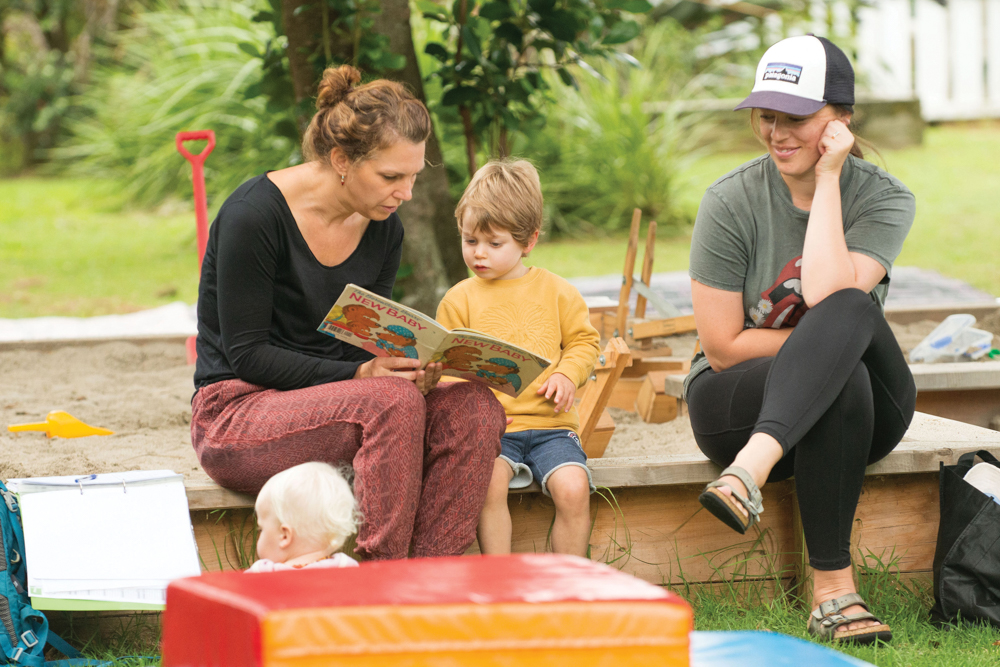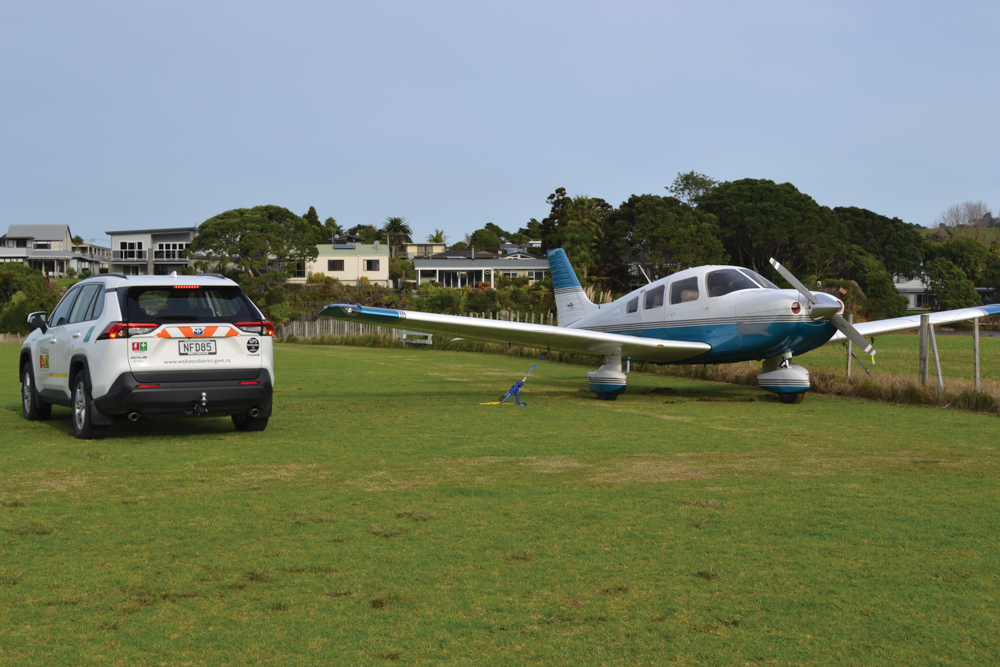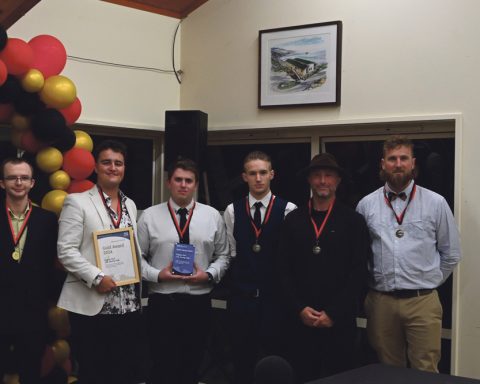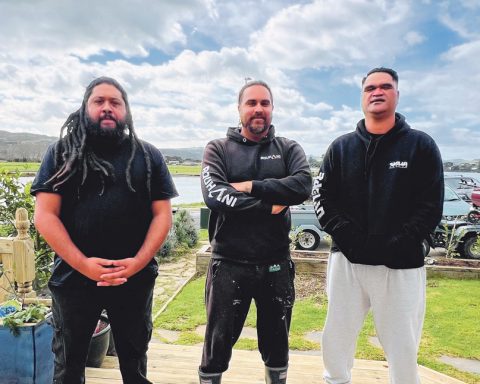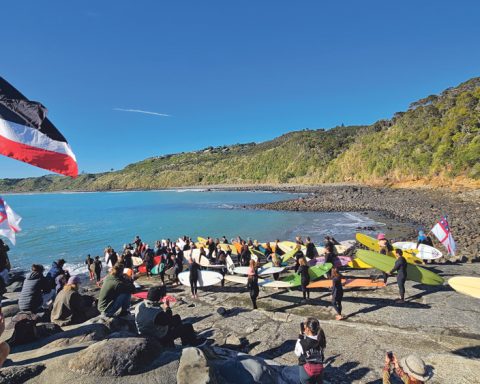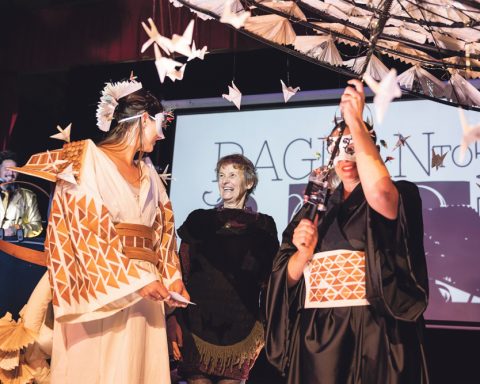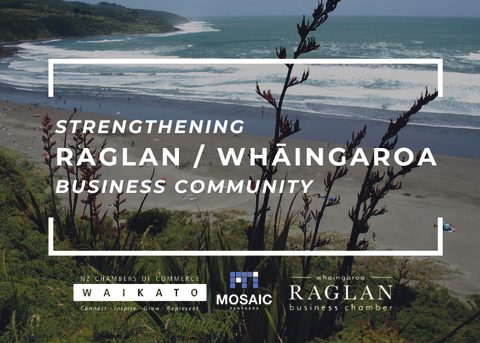A social cafe where people eat for free or for a koha, a school holiday vegetable garden project and a few more free pantries like the popular ‘Aroha’ stand downtown look set to pop up around the Raglan district as a result of a community push to make food more accessible.
“Imagine if healthy food was easily available and affordable for everyone, where growing and sharing good food was a normal part of everyday life,” says Whāingaroa Environment Centre (WEC) food project coordinator Tania Ashman.
This was the vision WEC presented last Saturday at a ‘Kai in our Community’ workshop where 20 or so residents interested in the concept met for a morning to brainstorm the possibilities.
Raglan’s resilience as a supplier of food – using last year’s Covid experience as an example of the caring and sharing shown within our community at a time of crisis – was also discussed.
“We did well as a group of connected people,” Tania told the Chronicle. “We took the responsibility of looking out for one another seriously.”
Now the environment centre wants to work with the community to build on that resilience and make this vision of plenty for all a reality.
It’s a “brand new” project, said Tania, which is being funded by the Ministry of Social Development to focus specifically on food security in and around our town.
As WEC operations manager Sarah Roberts also explained, the broad aim is to see what growing and sharing food in Whāingaroa will look like in the future, and how Raglan as a community can make it happen.
To kick-start the korero or conversation, facilitator and Whale Bay resident Helen Ritchie got Saturday morning’s group to map out what is already happening in Whāingaroa, a “proud producer” from both land and sea.
Everything from Raglan’s Crop Swap and Foodbank – which upscaled from regularly supporting eight families to 80 during the Covid crisis – to the free pantry and community garden downtown got a mention before the group moved on to identifying food gaps and possible solutions in the system.
Then it was on to visualising what Raglan wants as a community and figuring out the next steps.
Street-sharing projects such as erecting more free pantry stands and instigating neighbourhood planting on berms were put forward, as was the idea of a social cafe where everybody eats chef-prepared meals for free or for a koha – a collaborative dining concept based on using what we have but feeding bellies not bins.
A local restaurateur came up with a possible venue, as did a local resident who also offered to start – with a bit of help – a veggie garden from scratch. Raglan Area School students were also keen to lead a local kai project.
An offer of compost for the envisaged garden was quick to follow, as was a barrage of other “quick win” ideas to capture people’s imaginations: a seed-sharing scheme and seasonal food celebrations being popular, along with getting Raglan on the national foraging app to share its abundance of food sources.
WEC vowed to follow up the workshop with further face-to-face contact between participants “to enable these things to happen with support”.
Saturday’s workshop at the bowling club was repeated on Monday morning for representatives from local schools, the community house and other organisations like Feed the Kids and Whāingaroa’s own Te Mauri Tau.
Edith Symes
